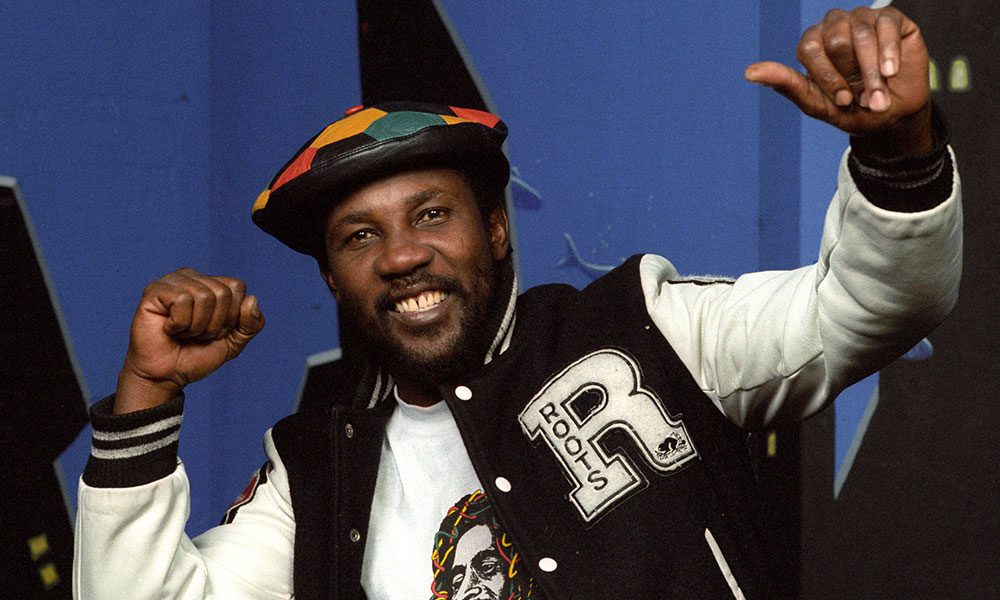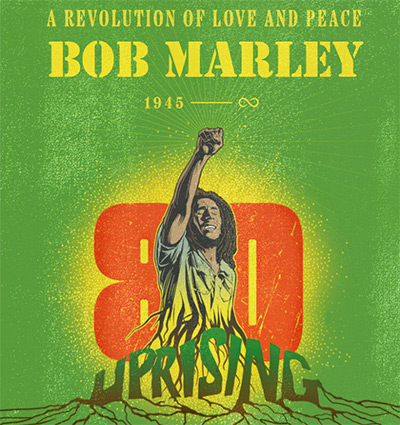Toots And The Maytals
The Jamaican reggae band are widely renowned for their work within the ska and rocksteady subgenres.

Formed in the early 1960s the Maytals are pivotal to the development of reggae and are credited with naming the whole genre with their record, Do The Reggae. Their initial success came in the early 1960s with a string of popular singles, but it was only in Jamaica that they had hits – they found little or no audience further afield.
When Toots Hibbert was jailed in 1965 on what he claimed were trumped-up charges, the other two members of the group, ‘Jerry’ Matthias and Raleigh Gordon waited for the two years until his release, so that their band could reform. It was “Monkey Man” in 1970 that was just billed as The Maytals which got them noticed outside of Jamaica when it became a hit in Britain; it can be found on Reggae Greats – Toots & The Maytals, along with “Reggae Got Soul” and “Pressure Drop”.
“54-46 That’s My Number”, a reggae classic, as well as Hibbert’s prison number, became the first record to get the band noticed outside Jamaica and it, along with all their many hit records, can be found on 54-56 Was My Number – Anthology 1964-2000. But Toots and the Maytals are much more than just a singles band, as can be heard on In The Dark, Funky Kingston and their 1980 Live album. One of their best tracks, “Pressure Drop”, is featured on the soundtrack to the film The Harder They Come.
Frederick “Toots” Hibbert, Nathaniel “Jerry” Matthias, and Raleigh Gordon, all natives of Kingston, formed in the early ’60s when ska was hot. Hibbert’s soulful style led him to be compared to Otis Redding. They first recorded with producer Clement “Coxsone” Dodd and the resulting album, Hallelujah, offered a blend of gospel-style vocals and soul sung to a horn-driven Jamaican beat. They were popular from the start, but after recording a few sides with Studio One, they left Dodd in favour of Prince Buster. With him, they soon gained a bigger Jamaican following and also became popular in Great Britain. The Maytals began working with Byron Lee in 1966. Hits from this era include “Dog War,” “Daddy,” and “Broadway Jungle”. That year Lee & His Dragonaires backed The Maytals at the premiere Jamaican Festival Song Competition. Their song, “Bam Bam,” won the contest and began a rapid ascent to real stardom.
Occasionally, The Maytals would record with other producers, who, perhaps to keep from having to pay royalties, would put different band names on the labels such as “the Vikings”, “the Royals”, and “the Flames”. The Maytals were reaching the height of their popularity toward the end of 1966 when Hibbert was arrested for smoking and possessing ganja and was sent to prison for 18 months. Fortunately, the other two Maytals, who were best friends with Hibbert and realized that they could not possibly re-create their unique sound with another frontman, waited for him.
When Hibbert was released, the band started working with legendary producer Leslie Kong. This was a time of transition in Jamaican popular music, and ska was being replaced by the angry, violent music of Rude Boys, and this, in turn, was becoming reggae. The Maytals changed accordingly, but still kept that soul and gospel-influenced sound that made them unique. While in prison, Hibbert had honed his songwriting skills. Their first Kong single, “54-46 That’s My Number,” a reference to Hibbert’s prison number, recounted his experiences and suggested that he was jailed on a trumped-up charge because he was a Rastafarian. It became a huge hit in both Jamaica and England and has since become a rocksteady standard. Other major songs from this time include the scathingly funny “Monkey Man,” and “Sweet and Dandy,” which provided The Maytals with a second win at the 1969 Festival Song Competition. One of their all-time great hits, “Pressure Drop,” was from the soundtrack of the definitive reggae film, The Harder They Come. By 1971, they had not only become the biggest act on the island, but they were also (thanks to signing with Chris Blackwell’s Island Records) international stars. Then Leslie Kong died. They moved on to producer Byron Lee, and though the hits continued, things began to slow down. It was Lee who renamed them Toots & the Maytals. Hibbert and the group broke up in 1981. From there, Hibbert began working with producers Sly Dunbar and Robbie Shakespeare. He had international success throughout the ’80s and created a new Maytals in the early ’90s, continuing to tour the world with them. A major-label comeback, 2004’s True Love, found Hibbert signed to V2. Light Your Light followed in 2007.












